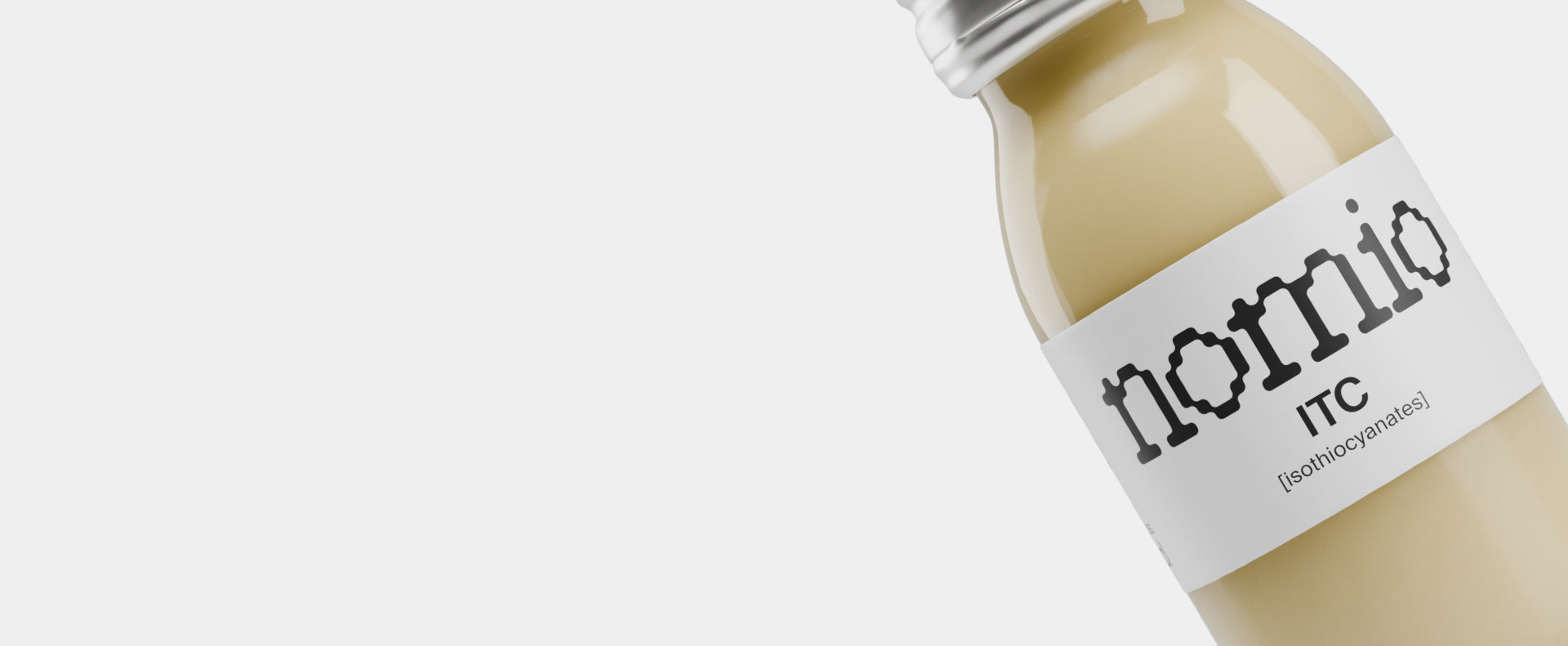Sulforaphane & Exercise Protect Against Alcohol-Related Liver Damage
Reduced oxidative stress promotes improved performance
A previously well-researched interaction was the activation of the nrf-2 system in the body - a regulator of antioxidative enzymes produced in the body.
Lower lactate as an indication of lower physical stress
The isothiocyanates present in glucosinolate-rich broccoli sprouts show indications of reducing lactate by 12% on average in early studies.
Benefits to exercise training adaptations by using ITC
In a double-blinded cross-over study, the Nrf2-activating properties of ITC was shown to lead to greater training adaptations.
Acute lactate reduction 3 hours after a single dose of ITC
The study showed that a single dose of ITC significantly reduced blood lactate during sub-maximal exercise, confirming previous research.







